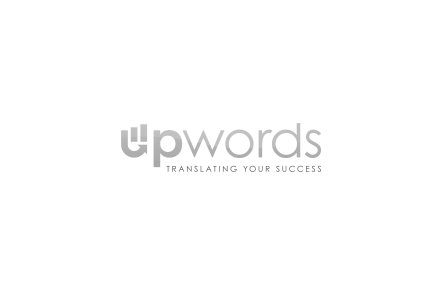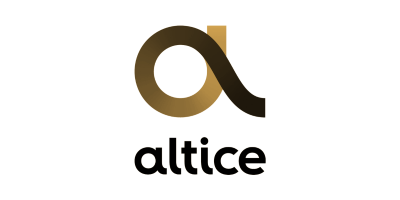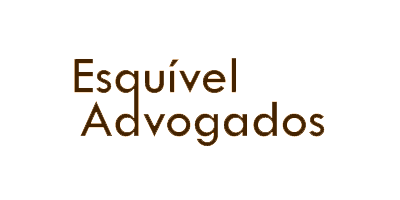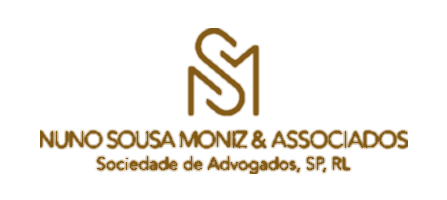Are you looking to successfully internationalise your company?
If your answer is a "clear YES" then you are in the right place.
When a company starts thinking about global expansion, it should inevitably look for a translation partner, since communication is essential, and only effective when bilateral.
People love to read and listen to their language, feeling more comfortable and receptive to new products and services when they can access information in their own language. In this sense, the quality of the translation is crucial to avoid errors that misrepresent the message you are trying to convey.
These are some of the reasons why choosing a good partner is so important.
During your research pay special attention to the following aspects:
1. Reliability and Stability
It is important to know if the company you are choosing is reliable and stable, so ask the right questions and see if the company you are considering will be the one you want to work with.
Ask without fear:
How long have you been on the market? What services do you offer? How do you deal with sensitive customer information?
2. Quality Control Process
Quality may be somewhat subjective, but there are several methods used by companies that aim to ensure the quality of their translations, and you should seek to know what they are. Does the company use glossaries and style guides to ensure consistency? How many years of experience does the translator have? Is anyone responsible for reviewing the translated text? Is the company certified?
For instance, Upwords is a company certified by the ISO 17100:2015 Standard, where all translators must be Native Speakers and have at least 5 years of experience in their area of expertise. Quality is guaranteed by a process carried out by 3 different professionals: Translation + Review + Quality Check.
3. Tools and Resources
Understand which tools are used, because the efficiency and quality of the translation will depend on the methods employed by the company. For example, the use of CAT tools or Translation Memories can not only speed up the translation process, but also ensure the consistency of all future translations. Also ask questions like: Is it possible to perform functional tests on the translated software or website? Do you offer Desktop Publishing services?
4. Support
This is an important factor as you will need to ensure that you have a Project Manager available to answer your questions at the beginning, during and after the translation process is complete.
Understand the company's operations and procedures before making the final choice of your partner.
5. Price
Don't be seduced by translation companies that offer low prices, because as in all industries, quality comes at a price and the method used for the final translation that is delivered to you will be directly related to the final amount you will to pay. When you find a translation company that offers you an "ideal price", always check the qualifications of the translators and the translation process. Does this price include the revision of the document? (Tip: Always ask them to send both the translated + revised version). How long does it take to deliver the translation? Will the company use Machine Translation tools and a translator to simply check for basic errors? Ask these questions and make sure you have the right service for the price you are paying.
6. Privacy and Security Protocols
Ask how the company guarantees the confidentiality of the translated content to make sure that none of your information is disclosed.
Does the company have Third-party Liability Insurance?
Do not take the risk of seeing your information exposed due to lack of knowledge about the Privacy Policies of the translation company you selected.
Wrapping up
Your choice of a Translation Company should be well considered, since the quality of translation has a significant impact on your success in foreign markets.
As such, we leave you with a list of questions you should ask:
- How long have you been on the market?
- What services do you offer?
- How do you deal with sensitive customer information?
- Does the company use glossaries and style guides to ensure consistency?
- How many years of experience do the translators have?
- Are they Native Speakers?
- Is anyone responsible for reviewing the translated text?
- Is the company certified?
- Does the company use CAT tools or Translation Memories?
- Is it possible to perform functional tests on the translated software / website?
- Do you offer Desktop Publishing services?
- Does the price include a second-party revision of the document by a specialised native speaker?
- How long does it take to deliver the translation?
- Does the price include final document formatting?




























